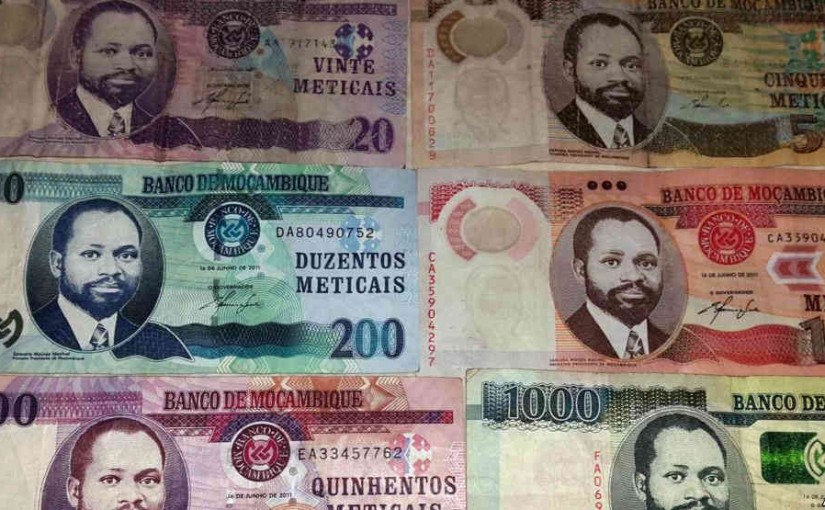Mozambique: Government failed to repay 3.4 billion meticais of debt
Mozambique’s domestic savings very limited – IESE

Voa (File photo)
The Institute of Economic and Social Studies (IESE) says that Mozambique has severely limited domestic savings which cannot cover even 10 percent of national investment needs. The result is that the Mozambican economy is fundamentally based elsewhere, through foreign investment, commercial credit and donations, leading to difficulties controlling debt.
IESE director António Francisco say that a nascent domestic savings culture “does not even fund 10 per cent of national investment”, so that “the Mozambican economy is structured in the savings bases of other countries, through foreign investment, trade credit and donations”.
Francisco notes that this has implications “because the golden rule is that a country is expected to grow mainly on the basis of its domestic savings and that foreign savings are supplementary to it, but in our case, the opposite is the case”.
According to Francisco, the use of foreign savings leads to difficulties controlling debt.
The IESE director notes that in 1984 Mozambique could not pay its debt and had to renegotiate, a process that was facilitated by the International Monetary Fund. In 1999, the situation repeated itself and the country benefited from debt forgiveness.
“In the most recent case, the process has accelerated with the disclosure of hidden debts,” Francisco says, adding that it is vital that Mozambique starts using foreign savings for investment rather than to fund consumption.












Leave a Reply
Be the First to Comment!
You must be logged in to post a comment.
You must be logged in to post a comment.